Central bank chief: High price of stability
New government's delay or failure to introduce crucial fiscal reforms to increasing budget revenues and reduce expenditures will build up pressure on the dinar.
Wednesday, 16.05.2012.
17:58

New government's delay or failure to introduce crucial fiscal reforms to increasing budget revenues and reduce expenditures will build up pressure on the dinar. This is according to the Governor of the National Bank of Serbia (NBS), Dejan Soskic, who spoke for Belgrade-based weekly NIN. Central bank chief: High price of stability The need for quick and radical fiscal reforms is accentuated by the economic situation in Greece and a possible shift in the EU economic policy following the French elections which could influence the market conditions related to financing of public debts in Europe, but also in countries like Serbia, Soskic noted. “The NBS has a duty to administer the foreign exchange reserves in a rational way, and can only for a limited time continue to use hard currency reserves to pay a very high price of the national currency stability, since this policy makes sense only as a bridge to decisive and speedy reforms of the country's budget revenues and expenditures,” Soskic said. Commenting on the fact that since the beginning of 2012, the central bank has sold more than EUR 780 million but the national currency dropped from RSD 104.6 to RSD 112 against the euro nonetheless, the governor said that in recent months, the NBS has been more active at the foreign exchange market so as to ease excessive fluctuations of the dinar rate on a daily basis, and ensure that the depreciation is not channeled mostly into a price increase and debt rise of citizens and companies. He noted that the NBS rightly assessed that the delay of the positive review of the arrangement with the IMF will result in depreciating pressures on the dinar. “At the same time, we had the withdrawal of a significant investor from our country, a rise in imports and a drop in exports due to the severe weather conditions in February, and that also contributed to an increase in pressures on the Serbian currency,” the governor stressed. "The NBS believes that these pressures are temporary and will be reduced after the formation of the new government, decisive steps in fiscal reform, introduction of the structural reforms in the public sector, and speedy positive review of the arrangement with the IMF. For that reason, the NBS deems that stronger intervention on the foreign exchange market is justifiable as a temporary measure which will preserve price and financial stability in the country," Soskic said. Dejan Soskic (Tanjug, file) NIN Tanjug
Central bank chief: High price of stability
The need for quick and radical fiscal reforms is accentuated by the economic situation in Greece and a possible shift in the EU economic policy following the French elections which could influence the market conditions related to financing of public debts in Europe, but also in countries like Serbia, Šoškić noted.“The NBS has a duty to administer the foreign exchange reserves in a rational way, and can only for a limited time continue to use hard currency reserves to pay a very high price of the national currency stability, since this policy makes sense only as a bridge to decisive and speedy reforms of the country's budget revenues and expenditures,” Šoškić said.
Commenting on the fact that since the beginning of 2012, the central bank has sold more than EUR 780 million but the national currency dropped from RSD 104.6 to RSD 112 against the euro nonetheless, the governor said that in recent months, the NBS has been more active at the foreign exchange market so as to ease excessive fluctuations of the dinar rate on a daily basis, and ensure that the depreciation is not channeled mostly into a price increase and debt rise of citizens and companies.
He noted that the NBS rightly assessed that the delay of the positive review of the arrangement with the IMF will result in depreciating pressures on the dinar.
“At the same time, we had the withdrawal of a significant investor from our country, a rise in imports and a drop in exports due to the severe weather conditions in February, and that also contributed to an increase in pressures on the Serbian currency,” the governor stressed.
"The NBS believes that these pressures are temporary and will be reduced after the formation of the new government, decisive steps in fiscal reform, introduction of the structural reforms in the public sector, and speedy positive review of the arrangement with the IMF. For that reason, the NBS deems that stronger intervention on the foreign exchange market is justifiable as a temporary measure which will preserve price and financial stability in the country," Šoškić said.










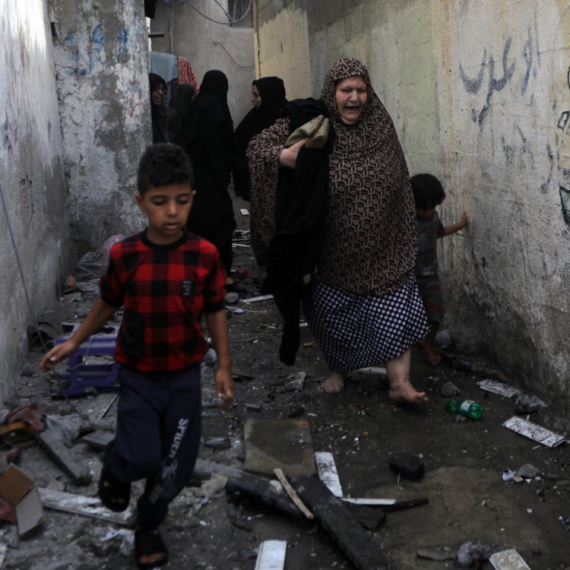



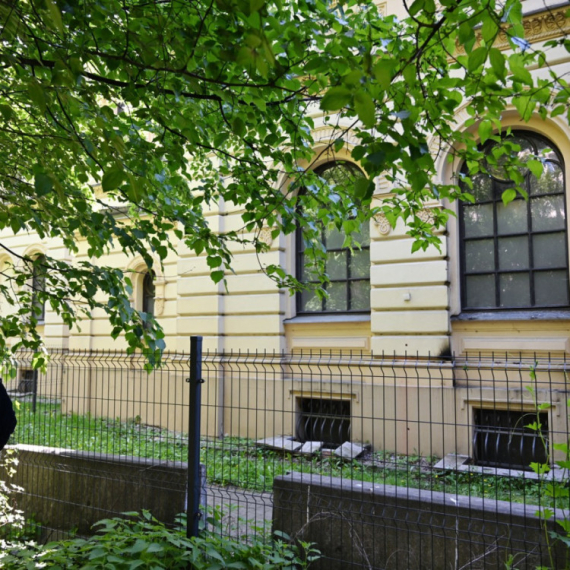
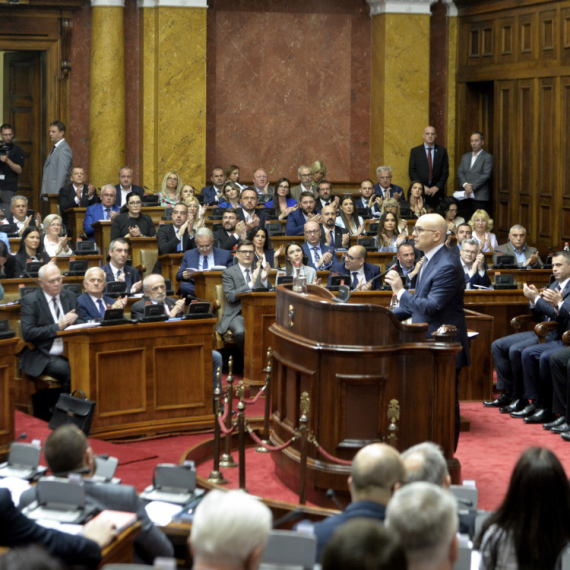






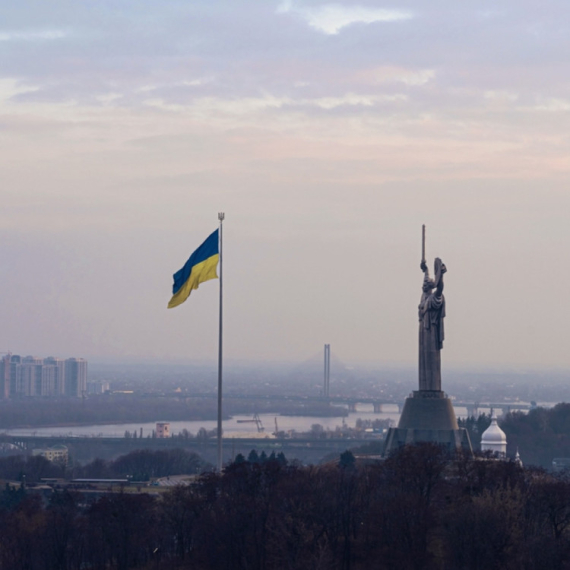



















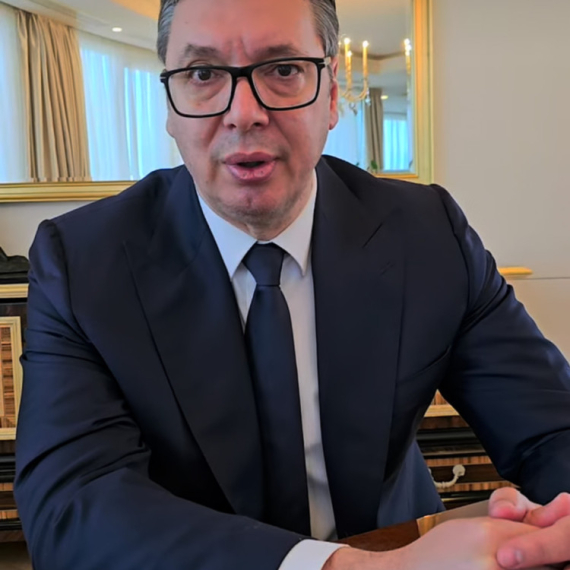















Komentari 1
Pogledaj komentare